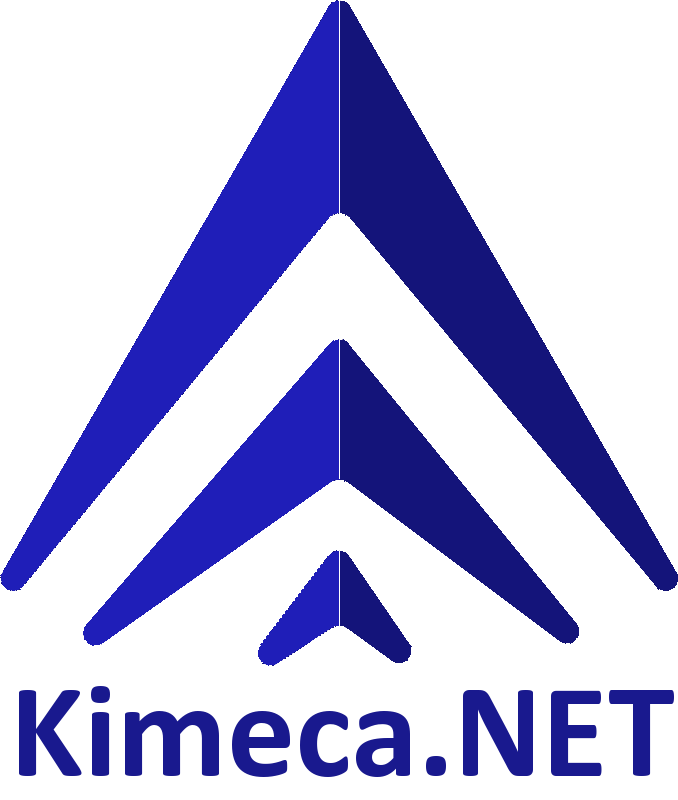Advanced Abaqus Scripting

Background
Abaqus makes extensive use of Python; a powerful, object-oriented scripting language that is used widely by organizations throughout the world. Python has been embedded within the every Abaqus software products. The language has been extended to include a rich set of commands that are well suited for the daily tasks of a finite element analyst. These extensions are referred to as the Abaqus Scripting Interface (ASI).
The Abaqus Scripting Interface may be used by finite element analysts at many different levels. Scripts can be written as stand-alone utilities or can be written to integrate the Abaqus products with other codes. At a basic level, scripts may be used to automate repetitive tasks such as the creation of results plots from a collection of output files. With some experience, users may actually extend the functionality of the Abaqus products. Advanced users may work with SIMULIA affiliates to customize the graphical user interface of the Abaqus interactive products (Abaqus/CAE and Abaqus/Viewer).
Course Objective
This seminar is offered as a follow-up to the Introduction to Abaqus Scripting course. It is a deeper dive into both Python and the Abaqus Scripting Interface and gives users more hands-on exposure with practically oriented workshops of moderate complexity. This course also provides pointers for more specialized and advanced topics like writing scripts of moderate complexity to automate pre-and postprocessing tasks and improve productivity also, you will be able to generate your own DOE or optimization scripts.
This training course deals with GUI Customization – modifying the Abaqus/CAE interface for process automation and creating vertical applications. It is assumed that you have no previous knowledge of GUI programming in general and none at all with the Abaqus GUI Toolkit. GUI Customization is a topic usually of interest only to large companies looking to create vertical applications that perform repetitive tasks while prompting the user for input and at the same time hiding unnecessary and complex features of the Abaqus interface.
After attending this training course, students will be able to:
- Write scripts of moderate complexity to automate pre-and postprocessing tasks and improve productivity
- Use best practices for maintaining Abaqus scripts and optimizing their performance
- Use advanced techniques to take advantage of the Abaqus object model
- Set up parametric studies using ASI
- Build and modify simple GUI plug-ins using the Really Simple GUI (RSG) framework
- Leverage the built-in features of Python to build applications
- Write Python scripts for utility tasks that interface with the operating system and file system
- Understand how to locate and utilize powerful third-party Python modules
- Understand and utilize Python’s object-oriented features
- Create Abaqus/CAE models
- Read results from output database (ODB) files
- Create new results from Output Database (ODB) files
Who Should Attend
Every Abaqus user should be familiar with the ASI. Productivity gains can be realized at many levels; from simple scripts that automate tedious tasks to large applications with custom user interfaces. This course is recommended for all Abaqus users who already have a basic familiarity with scripting and are looking to sharpen their skills.
Recommended Prerequisites
The Introduction to Abaqus Scripting course is highly recommended before attending this seminar. Users proficient with programming (in at least one language) and with reasonable familiarity with Abaqus/CAE may attend both seminars in the series. More experienced Abaqus users already familiar with the basics of scripting using Python may attend this advanced seminar directly. Kimeca has experience writing GUIs for different tasks, and you can request this kind of service.
Course Overview
The overview provides details of the topics covered in each lecture. Please note that the actual course agenda may vary depending on location.
